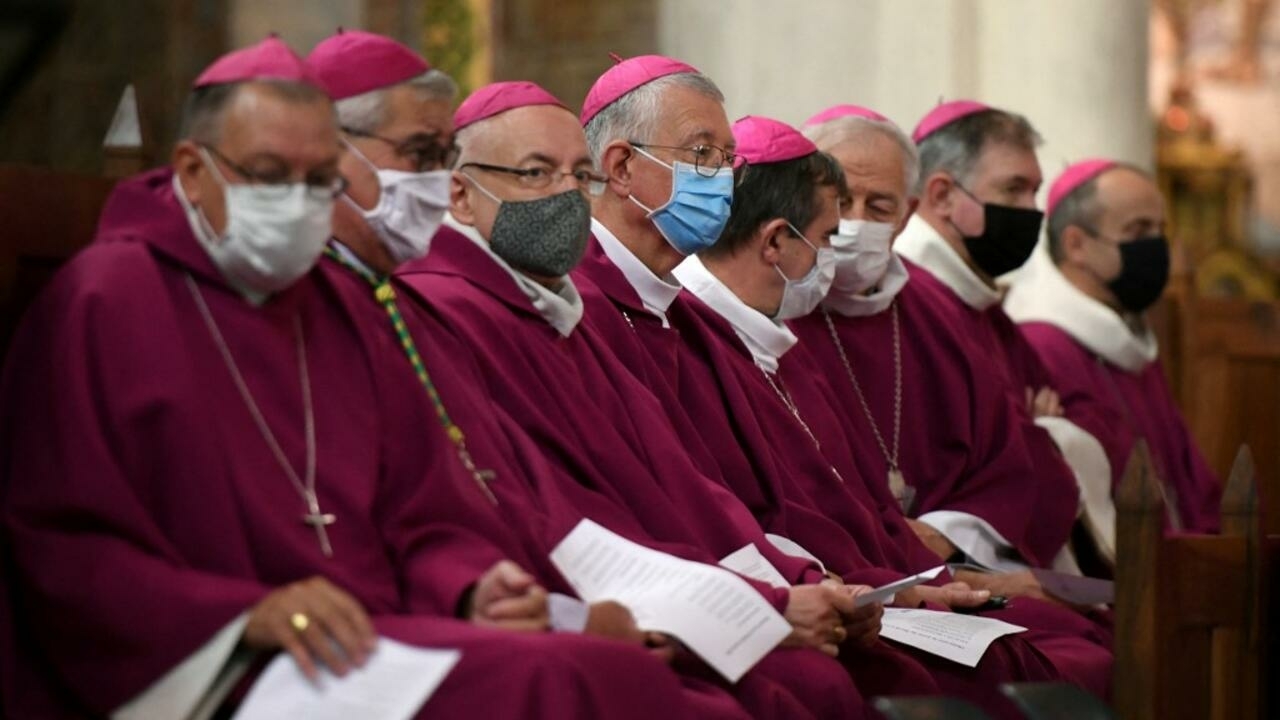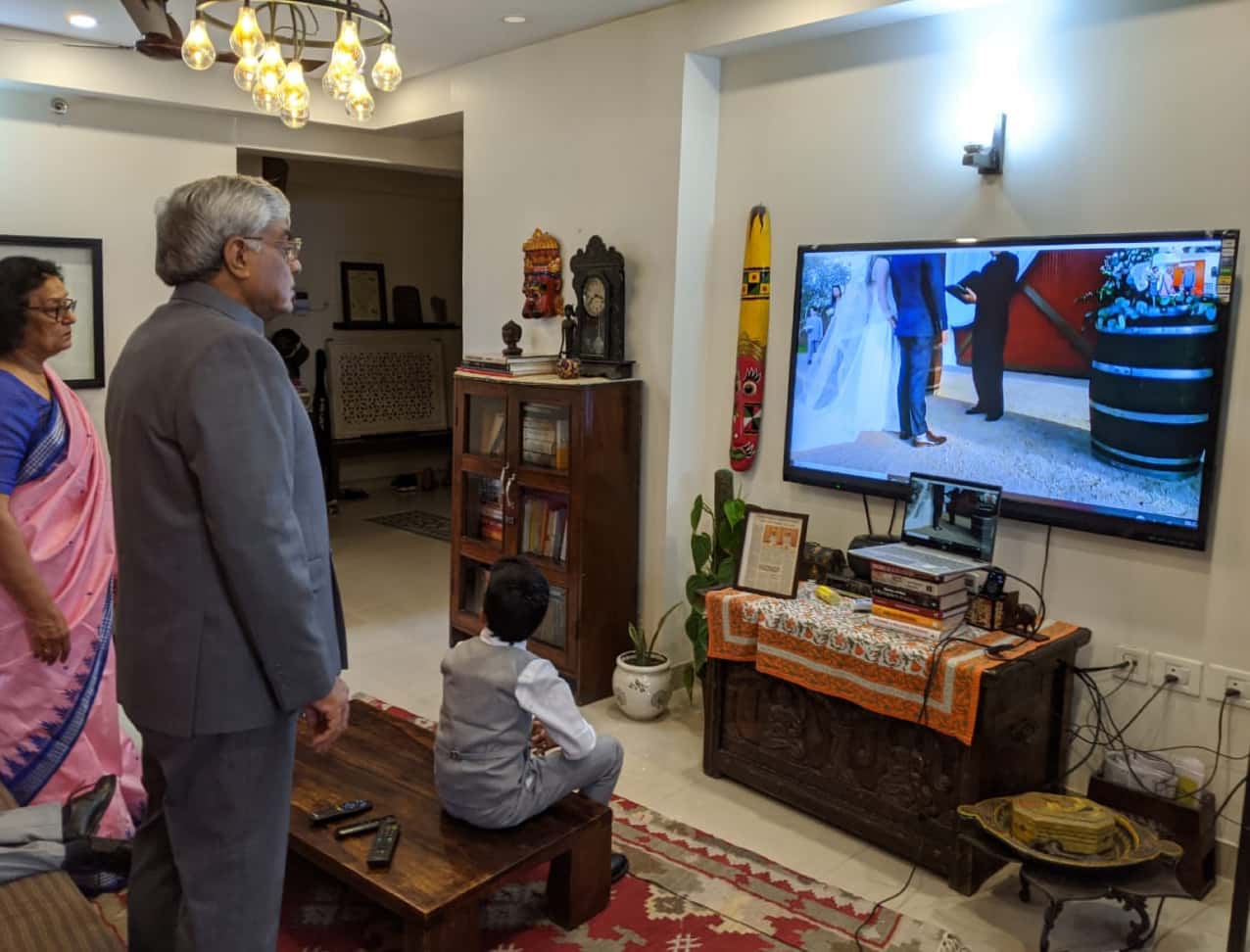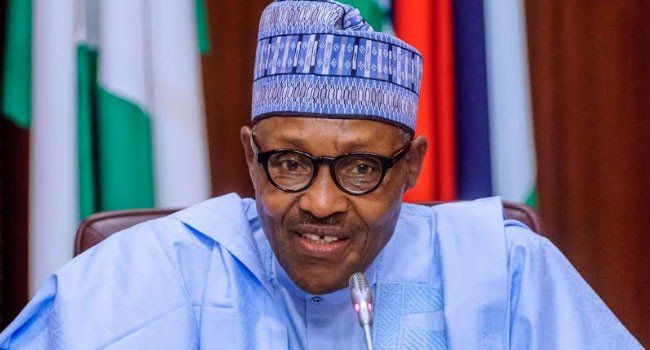Child sex abuse reparations: How will the French Catholic Church pay?
“This morning, the bishops of France have decided to … divest themselves of real estate,” Éric de Moulins-Beaufort, president of the Bishops’ Conference of France (CEF), announced on Monday. “We will not take money from the Church’s yearly parish contributions, we will not use donations that the faithful make to us for [our missions].”
Cast from the shrine of Lourdes, the announcement comes at a critical moment. On October 5, the French Independent Commission on Sexual Abuse in Church (ICSA) released a monumental report unveiling the extent of child sexual abuse that has taken place in the hands of the French Catholic Church.
An estimated 216,000 people over the age of 18 had been sexually abused as children by clergy since 1950. That number rises to 330,000 if secular perpetrators, such as lay members of the Church working at Catholic schools, are taken into account.
Part of the report included recommendations on how the Church should compensate the survivors. The ICSA urged the Church to pay them with its own assets instead of relying on donations from parishioners, demanded each person be compensated individually and said the reparations should be studied case by case.
The CEF agreed. Parishioners can still donate money directly to the endowment fund set up by the Church, dedicated to compensating survivors and preventing further abuse from taking place. That fund will be bolstered by selling real estate assets owned by the CEF and French dioceses. “We have also decided to take out, if necessary, a loan to be able to honour our obligations,” Moulins-Beaufort said.
But how much the compensation will amount to and how much money the Church owns in assets is yet to be determined.
‘We live off donations’
Paying reparations to survivors without counting on donations from parishioners has put the Church in a bit of a pickle, financially speaking. “The entirety of the Church’s income comes from donations. We live off donations,” deputy secretary general and director of communications at the CEF Karine Dalle told FRANCE 24.
The Catholic Church was robbed of its assets twice in French history. First during the French Revolution in 1789 and again after a law separating the Church and state was instituted in 1905. That means most churches belong to and are maintained by local municipalities. And unlike most other European countries, the Church in France doesn’t receive any state subsidies.
In a survey of dioceses conducted by French newspaper La Croix in 2011, it was estimated that the Church receives €700 million per year. A third of its income (€231 million) comes from yearly parishioner donations. A little less than a quarter (€147 million) comes from the collection of donations at church services. Add to these sums donations from marriages, baptisms, deaths and special mass offerings, and three-quarters of the Church’s income comes from the generosity of others.
It is no surprise, then, that when the Covid-19 pandemic was at its peak and most parishioners were forced to stay at home, the Church saw its income drop significantly. During the two-month lockdown that took place between March and May 2020, the CEF claimed a €50 million loss in total, putting the accounts of about a dozen dioceses in the red.
When it comes to assets, French dioceses own about 1,900 churches that were built after 1905 along with around 50,000 buildings for pastoral use, like social centres and presbyteries. But the cost of maintaining and renovating these buildings is estimated at €150 million per year, so it is unclear whether selling off these assets will suffice.
In an interview with Franceinfo, manager of the Church’s resources and deputy secretary general of the CEF Ambroise Laurent confirmed this uncertainty: “Since 1905, we haven’t been rolling around in money but we have built churches, oratories, parish halls and presbyteries. We will have to make an inventory of all this and find elements to give up.”
As for rental properties owned by the Church, they were said to bring in about €23 million in 2011, but many of these are considered parishioner donations and therefore can’t be used to fund the reparations promised to survivors.
When asked by FRANCE 24 if she could give a concrete example of an asset that could be sold for the compensation fund, Dalle said: “No. Honestly, I really don’t know.”
“Most of the houses and flats that were handed down to the Church were given by worshippers, so we aren’t allowed to take that money,” Dalle said. “The Church has to go and find properties that aren’t under this constraint.” Hence the importance of the inventory that her colleague Laurent brought up.
As it stands, the total sum needed to compensate survivors is not yet defined. As survivors come forward, the compensation is expected to grow. “The 330,000 victims in the report are a statistic for now. We still don’t have their names, we don’t know who they are,” Dalle said. “We’re completely in the dark.”
It will be up to the Independent National Authority for Recognition and Reparation (INIRR), headed by lawyer Marie Derain de Vaucresson, to determine the exact amount allocated to each survivor.
The first who have been donating to the Church’s endowment fund are bishops themselves, providing large sums of money from their pockets. According to Laurent, the Church will also start setting aside savings each year to account for “unforeseen events”. It could even appeal to the Vatican, which has more than 700 properties in Paris. But the essential contributions will come from the dioceses and “all the organisations that constitute the Church”, Laurent said.
The richest dioceses in France are located in traditionally Catholic areas like the centre, the west and Savoie in the Alps. Some, like the one in Paris, have significant assets while others struggle to make ends meet. But if individual reparations will be paid out as per the ICSA’s request, the total sum could be colossal.
A problem that could be solved by mutual support, according to Dalle. “Rich dioceses will contribute to the poor ones, as we’ve always done in the past,” she said.
FRANCE24



